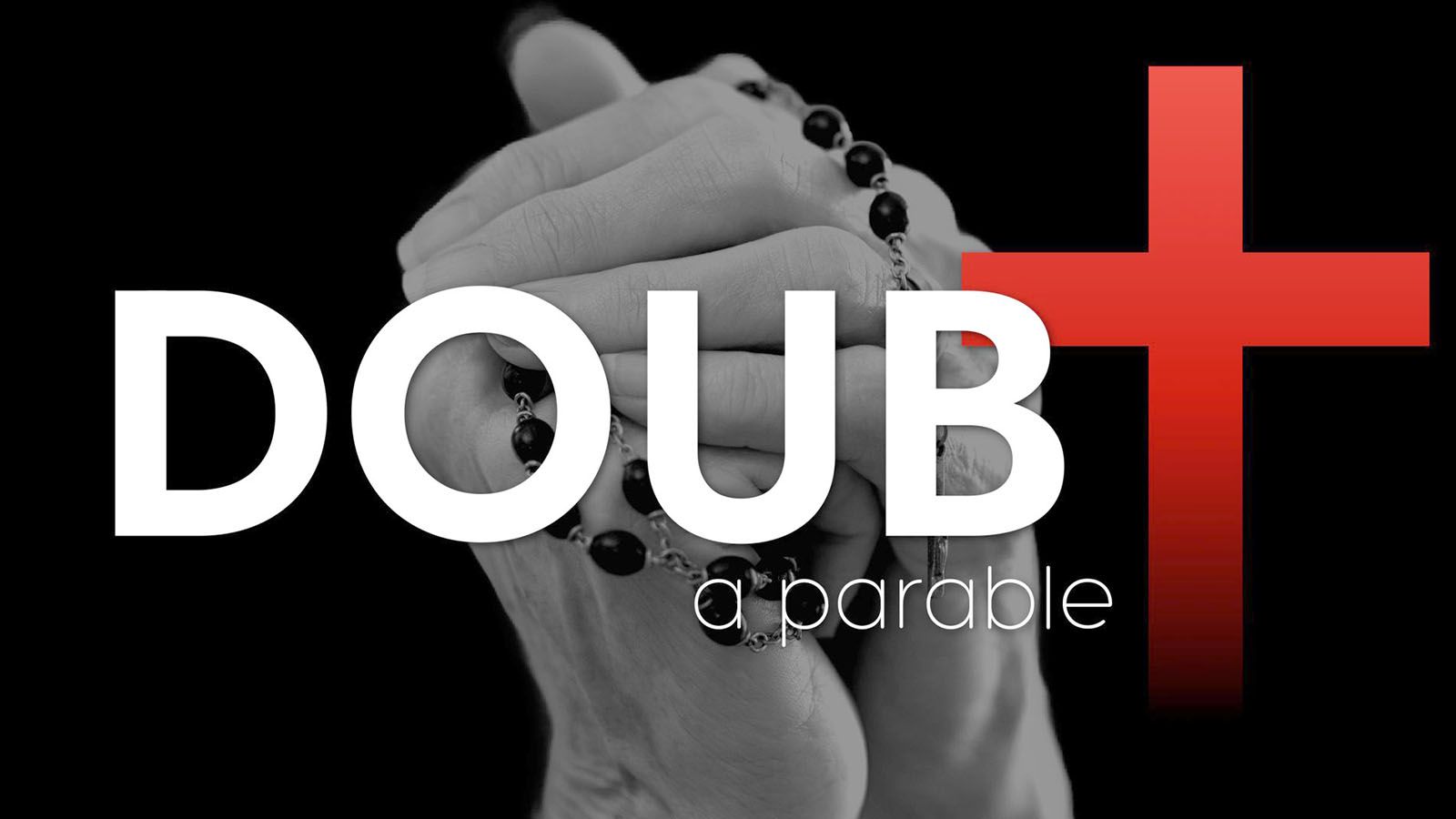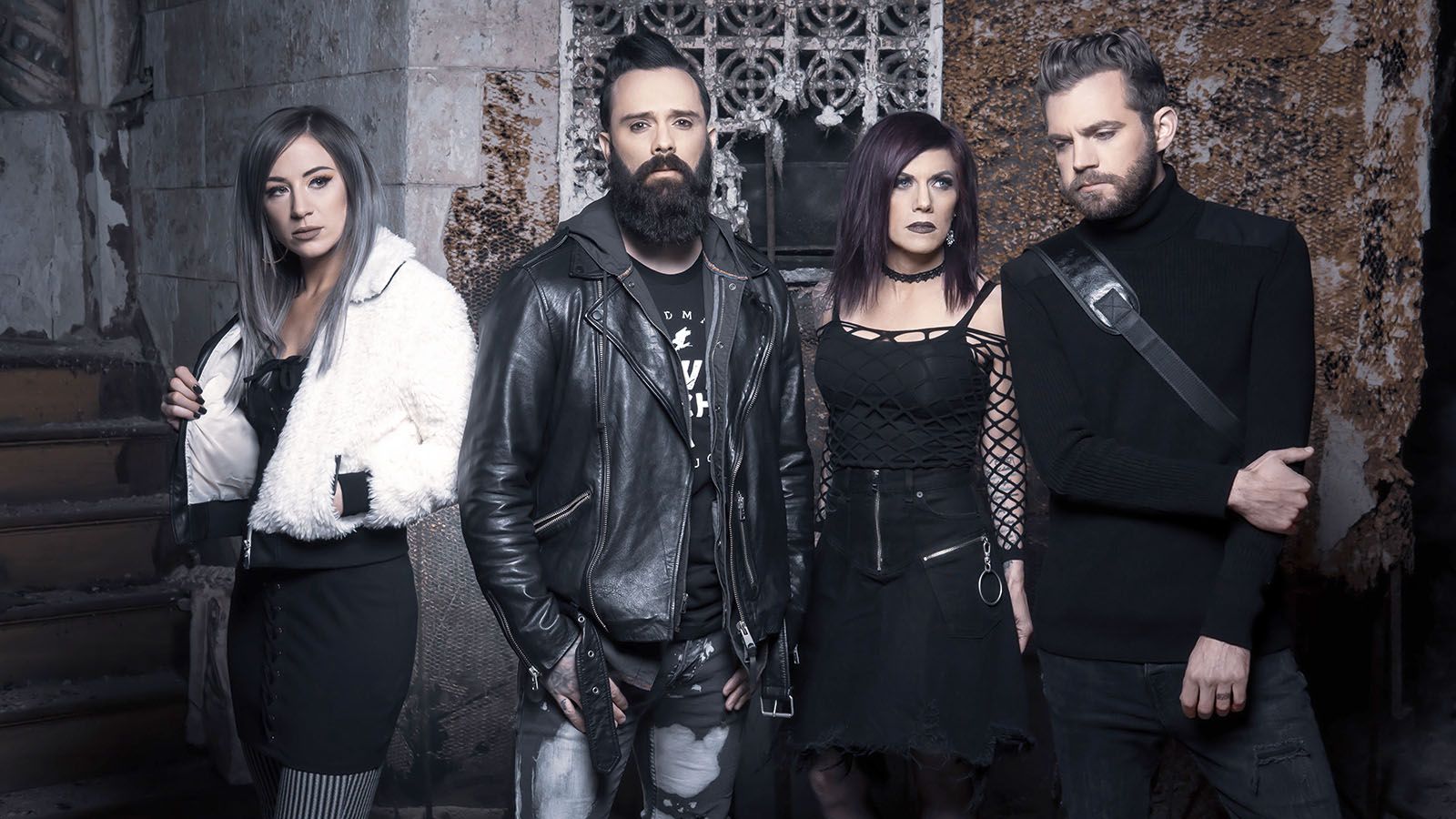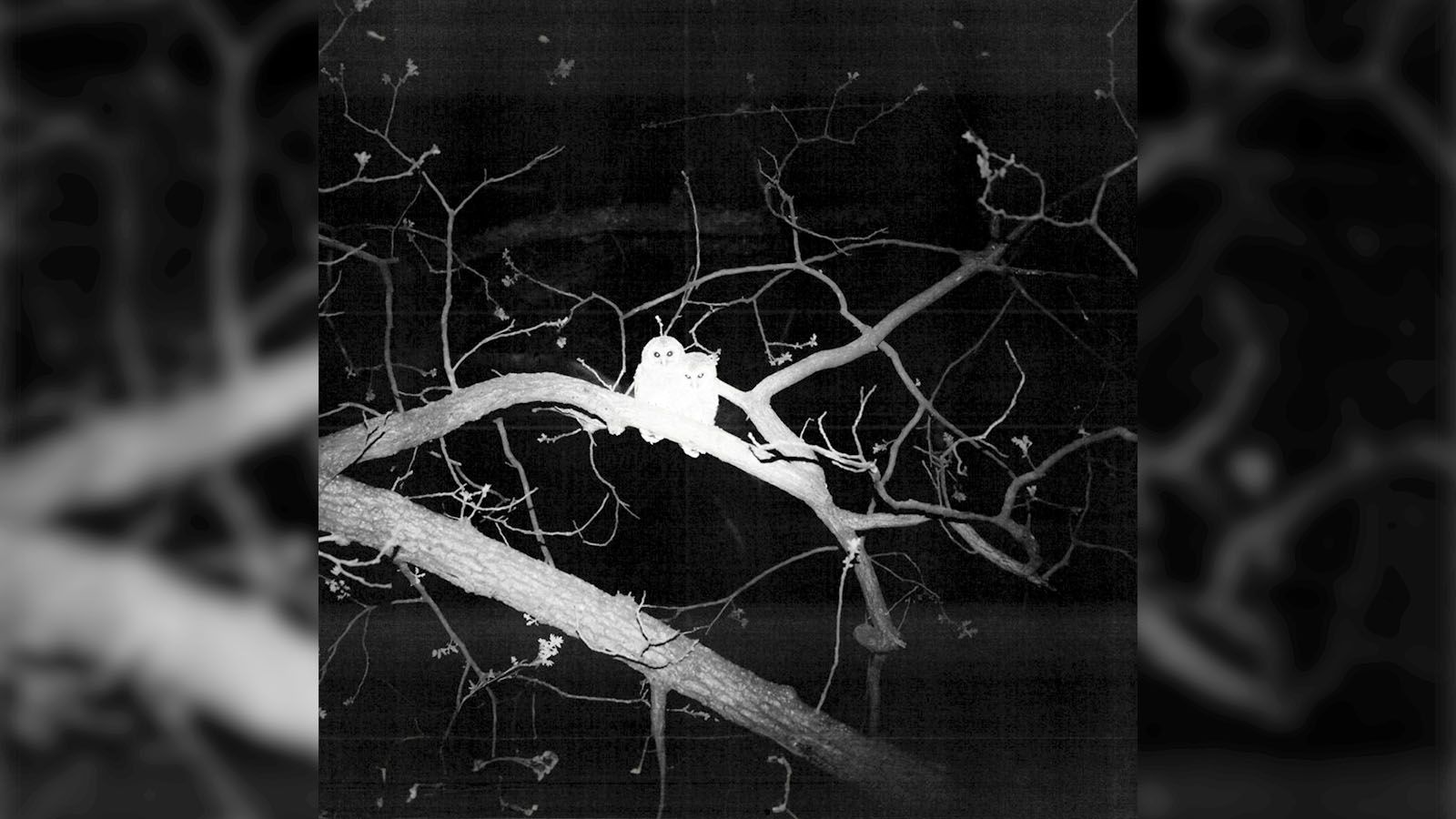Bach Collegium Fort Wayne, directed by Koji Otsuki, launches their 2024-25 season of three concerts Nov. 10 at Zion Lutheran Church, 2313 S. Hanna St.
Bach Collegium is a choir and professional orchestra that’s part of the worldwide movement called “historically informed performance,” playing music from the Baroque era, before the time of “classical” music.
‘In Peace and Joy’
Bach Collegium
4 p.m. Sunday, Nov. 10
Zion Lutheran Church
2313 S. Hanna St., Fort Wayne
$10-$30 · bachcollegium.org
Bach Collegium focus on the music of Johann Sebastian Bach, from the early 1700s. The choir sings in Bach’s German. The nationally renowned, professional solo singers and orchestra musicians are specialists in interpreting Baroque music, playing replicas of the instruments as they were 300 years ago with a lifelong dedication to interpreting Bach’s original style.
Hearing Bach Collegium is a very different experience than hearing a “modern” church choir and orchestra play the same works.
Bach is the most influential figure in the history of Western music; his works and compositional style are still taught in schools the world over. But in his own day, he was merely a Lutheran church music director in a mid-sized town in Germany who wrote hundreds of cantatas for Sunday morning services.
Passion comes through
As I’ve written about Bach Collegium several times, concentrating on the choir and the message in the texts they sing, this time I thought to shine a light on the instrumental music.
Oboe player Sung Lee, with the group some 20 years, is prominently featured in all three concerts this season, within the choral movements and in instrumental sections. He spoke with me via Zoom from his home in Charlotte, North Carolina, where he lives with his wife, violinist Janelle Davis, also a Bach Collegium performer, and their three young children.
Bach Collegium began in 2001. Their director Otsuki, who trained in Bach’s music in Japan, has been with the group four years.
“What I appreciate about Koji’s directing is he just puts all of himself into the music that he leads,” Lee said. “So, it’s infectious that way. That makes me want to give all I have to the music. I think it creates this environment where you’re free and welcome to express what the music demands of you.”
Lee explained that performing Baroque music enables each musician, when given a solo, to use their own historical study and interpretive skills. There’s some room for improvisation as well, in a way that classical music has lost in subsequent centuries.
Trading architecture for music
Lee and Davis perform multiple concerts with eight to 12 different groups around the country each year, traveling with their children in tow. They also play with the Indianapolis Baroque Orchestra, a renowned instrumental group.
These days they are based out of Charlotte because of their faculty positions at Central Piedmont Community College. There they teach not only Baroque music but also music from the Medieval and Renaissance periods, and direct two student ensembles.
With Bach Collegium, Lee plays multiple double-reed instruments from Bach’s era. Depending on the music, he will play the baroque oboe; the oboe d’amore, pitched lower in the alto register; and the oboe da caccia, pitched lower still and with a brass bell. He also plays Baroque flute and recorder, which require completely different playing techniques.
Lee, now a citizen of the U.S., immigrated from Korea with his family when he was 13. Growing up in Los Angeles, he learned modern oboe in high school, but turned away from music and got a degree in architecture. After three years in that field, during a bad economy, he realized he didn’t want to spend all day staring at a computer monitor.
He went to music school and became a music therapist. But by making friends with Baroque musicians, he got loaned a Baroque oboe, and he made a lifetime commitment after further education at Indiana University Bloomington.
Two years later he met Davis, who came for postgraduate studies at IU.
They’ve been married 11 years, and their children are 3, 6, and 9.
“The best thing about Bach Collegium Fort Wayne is the people,” Lee said. “Everyone who is involved with the organization gives their 120 percent to the success of the performances and the operation of running the Collegium. Everybody pitches in. The hospitality and kindness of Bach Collegium Fort Wayne and Fort Wayne community as a whole are matched by no other.”
Collegium season
Here’s a rundown of Bach Collegium Fort Wayne’s concerts for the 2024-25 season.
In Peace and Joy — Nov. 10, Zion Lutheran Church, 2313 S. Hanna St.
Cantata BWV 157, “I will not let you go unless you bless me”
Cantata BWV 55, “I, wretched person, a servant to sin”
Johannes Brahms, “Why is light given to the weary?,” Op. 74, No. 1 for choir a cappella (1877)
Cantata BWV 125, “With peace and joy I depart”
Two cantatas feature Leighann Daihl Ragusa on flute and Sung Lee on oboe d’amore and flute.
Toll the Bells: Death and Resurrection — Feb. 16 at Trinity Lutheran Church, 1636 St. Marys Ave.
Cantata BWV 73, “Lord, as you will, so let it be with me”
Cantata BWV 161, “Come sweet hour of death”
Anton Bruckner, three motets for choir, a cappella (circa 1852)
Cantata BWV 95, “Christ is my life”
These cantatas feature Lee with Luke Conklin on oboe, oboe d’amore, and recorder. Brad Tatum performs on the extremely rare corno da tirarsi, a slide trumpet.
Word and Sacrament — April 27, Emmanuel Lutheran Church, 917 W. Jefferson Blvd.
Cantata BWV 37, “He who believes and is baptized”
Cantata BWV 72, “Everything according to God’s will alone”
Unico Wilhelm van Wassenaer, Concerto armonico III in A major (1740)
Maurice Duruflé, Tantum ergo, Op. 10, No. 4 (1960)
Trond Kverno, Corpus Christi Carol (1992)
Cantata BWV 154, “My beloved Jesus is lost”
The week following Easter, the Collegium performs three cantatas featuring Lee and Jenni Kirby on oboe and oboe d’amore, and Esteban Hernandez Parra on viola.
To learn more, and purchase tickets, go to bachcollegium.org/concert.
 Submit Your Event
Submit Your Event




